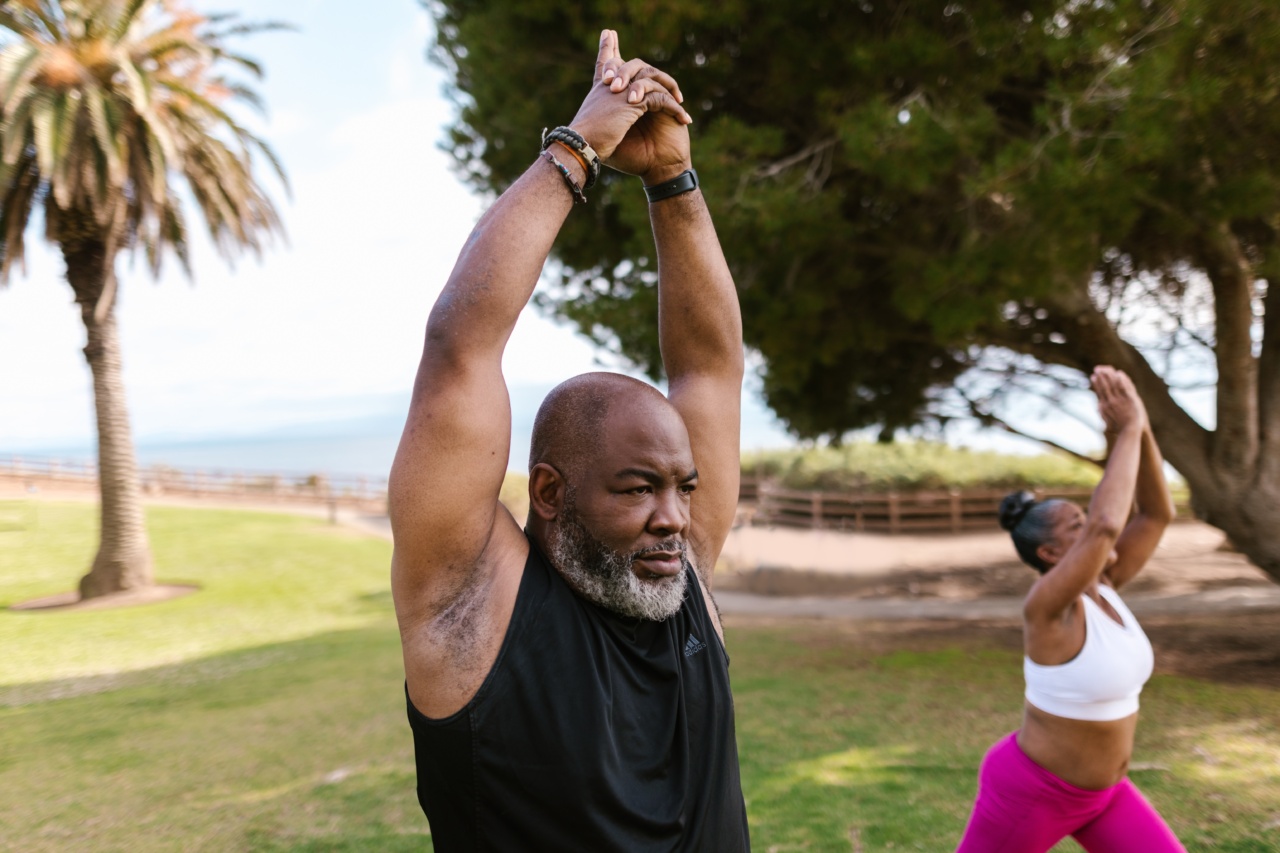The human mind is a complex and intricate system that requires regular upkeep to maintain good mental health.
While a healthy diet and regular exercise are commonly cited as important to overall well-being, volunteering can also be a key contributor to a healthy mind, particularly for seniors. Many older adults report feeling isolated and without a sense of purpose, which can take a toll on their mental and emotional faculties.
Volunteering has been shown to counteract these negative feelings by promoting positive social interactions, increased physical activity, and a greater sense of purpose and meaning in life.
Benefits of Volunteering for Seniors
Volunteering offers numerous benefits for seniors. For one, it offers an opportunity for older adults to give back to their community and make a positive impact in the lives of others.
Additionally, volunteering provides an opportunity for older adults to remain physically and mentally active, which can help prevent or reduce the risk of chronic health conditions such as depression, anxiety, and cognitive decline.
1. Social Interaction
One of the most significant benefits of volunteering is the opportunity for social interaction. As seniors age, they are at increased risk of social isolation, which can lead to serious mental health problems such as depression and anxiety.
Volunteering provides seniors with an opportunity to interact with others who share similar interests, values, and beliefs, which can help combat feelings of loneliness and isolation. Building these social connections can help create a support system around seniors, which can be particularly important for those living alone or far from family.
2. Physical Activity
Volunteering also provides an opportunity for seniors to remain physically active. Many volunteer opportunities involve physical activity, such as gardening, cleaning up parks and trails, or serving meals at a community center.
Physical activity has been shown to have numerous benefits for mental health, including reducing stress, improving mood, and increasing self-esteem. By remaining active, seniors can maintain their physical abilities, which can help reduce the risk of falls and other injuries.
3. Improved Sense of Purpose
Volunteering can also help seniors maintain a sense of purpose and meaning in life. As people age, they may retire from work or lose touch with friends and family. This can lead to feelings of aimlessness or a lack of direction.
Volunteering provides a way for seniors to continue to make a meaningful contribution to society while also staying engaged with the people and communities around them.
4. Increased Self-Esteem
Volunteering can also boost self-esteem and a sense of accomplishment in seniors. By helping others, seniors are able to see the positive impact they can have on the world around them.
This can be particularly important for those who may feel like they no longer have anything to contribute or who have been told they are no longer as capable as they once were. Volunteering can help counteract these negative messages and promote a sense of empowerment and pride in one’s abilities.
5. Enhanced Cognitive Functioning
Finally, volunteering has been shown to improve cognitive functioning in seniors. Studies have shown that volunteering can improve memory, cognitive flexibility, and problem-solving abilities.
This may be due to the increased mental stimulation and social interaction that volunteering provides. By staying mentally engaged, seniors can reduce their risk of cognitive decline and maintain their cognitive abilities for longer.
Conclusion
Volunteering has numerous benefits for seniors, particularly for their mental and emotional well-being.
By providing an opportunity for social interaction, physical activity, a sense of purpose and meaning, increased self-esteem, and enhanced cognitive functioning, volunteering can help seniors maintain a higher quality of life as they age. Whether it’s serving meals at a soup kitchen or mentoring a young person, there are countless ways for seniors to make a positive impact in their community through volunteering.































